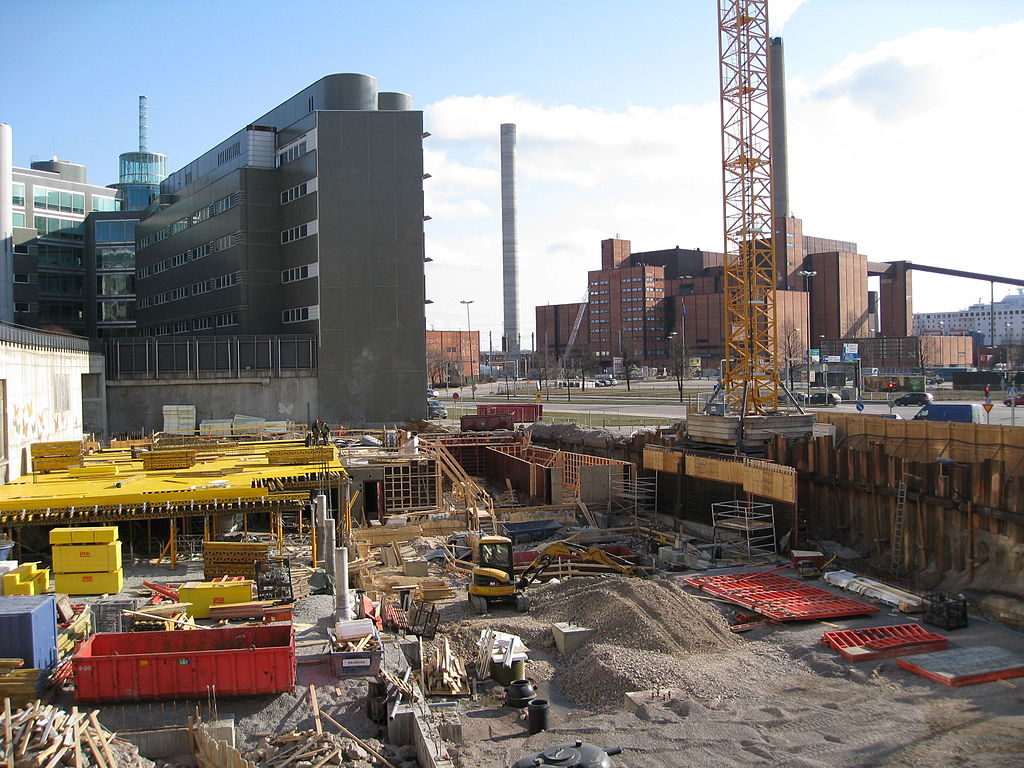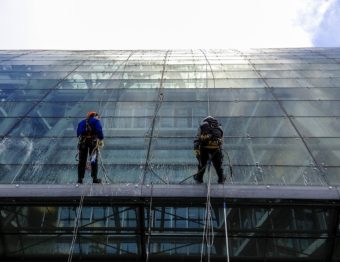
Photo by CC user Matti Mattila on Flickr
Every industry periodically faces challenges, whether related to downturns in the industry as a whole, shifts in legislation or regulations, changing supply chains and price structures, or any number of other things. As industry professional Lisa Dudzik can confirm, the construction industry has also faced its share of challenges in the last few years. Here are some of the key challenges.
Economic Uncertainty
Even though there has been something of an economic recovery in the past couple of years, the benefits of growing confidence in the economy have been slow to spread to the construction industry. Construction projects require major investments, and it is very difficult to recoup losses if a project needs to be halted mid-stream for whatever reason. In an economic context that is still seen as somewhat shaky, investors may still be reluctant to engage in major new construction. The increased competition for fewer contracts has also exerted a downward pressure on the prices that contractors can set.
High Insurance Costs
Construction workers are disproportionately injured or killed on the job when compared to most other industries. This can include accidents on the job site or health issues that do not become apparent for years afterwards as a result of exposure to dangerous materials including chemicals, asbestos and molds. A rise in the payouts to injured workers or their families and also in the number of lawsuits launched as a result of such realities means that companies pay high insurance premiums. Contractors must also secure insurance to cover against construction delays or defects.
Skilled Labour Shortages
While there is a ready supply of general labourers who can perform certain functions on a construction site, there is a growing shortage of skilled tradespeople. To some extent, this is related to the massive layoffs in the industry during the last recession – many of those workers have since left the industry and are not available now that the industry is recovering. This also reflects a trend among young people to eschew the trades in favour of college or professional degrees. In order to attract scarce skilled labour, companies may find themselves in what amount to bidding wars, offering higher wagers, bonuses or other perks. This comes at the same time as there is pressure to lower wages as a way to present more competitive bids.
Cost Overruns
Many construction contracts are awarded on the basis of fixed price, meaning that the company is paid a predetermined price to deliver the finished product according to the terms of the contract. This means that price changes of materials, unexpected weather delays, labour slowdowns or other unanticipated costs need to be absorbed by the company.
Environmental Regulation
More a challenge than a problem, construction projects must increasingly conform to environmental regulations that can complicate construction and increase costs. As eco-friendly materials and practices become more entrenched, they will also become more affordable and more easily implemented. Until then, there is a learning curve, with all the pitfalls that entails, while the industry develops best practices.
These are just some of the challenges facing these businesses as a whole.





